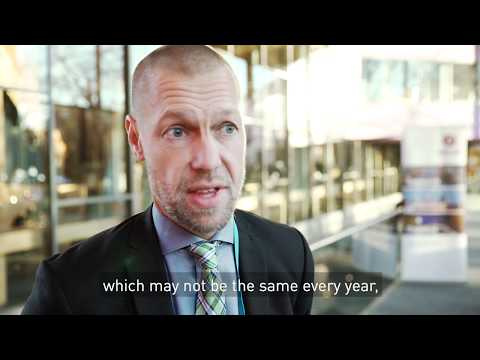Climate change, water scarcity & conflicts in the Middle East and North Africa
Drought and increased variability in rain patterns that impact ground water levels pose severe challenges to water cooperation between countries in the region. Jägerskog is counsellor at the Swedish Embassy in Jordan.
"There are clear linkages between climate and security in the Middle East and North Africa. Not least if you look at water as an example. When climate change hits, it has already hit, the dry spells as well as the droughts tend to be longer. The rain you get will come at shorter times, which is a problem because it does not permeate into the ground water in the same way. That of course has regional security implications in a sense that most of the water in the Middle East and North Africa region is shared by two or more nations. Increased variability – which is the result of climate change in the region-, will also affect the way the countries interact. Also, in the few cases where there are agreements, the flexibility is not great in those agreements but it is more in the terms of defined quantities which may not be the same every year, especially when you get larger fluctuations when climate change hits. So it will have implications on security."









